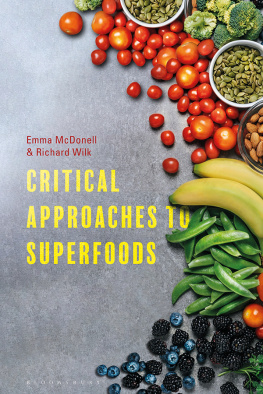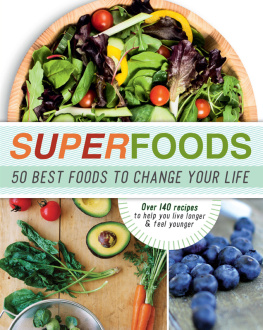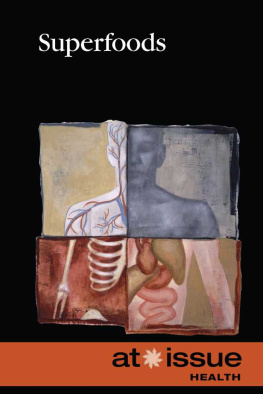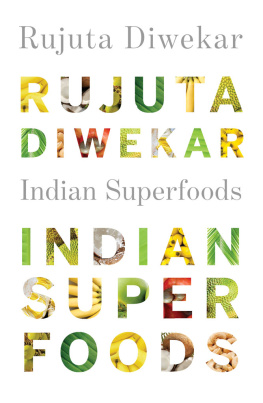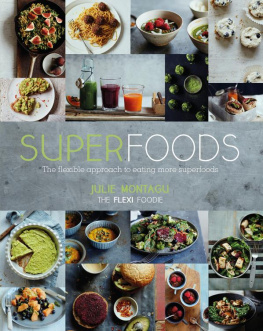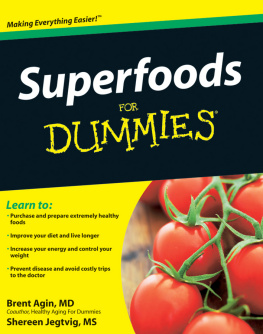Anacorita O. Abasolo is currently pursuing her PhD degree in Environmental Science at the University of the Philippines, Los Baos. She specializes in agro-environmental sustainability assessment and her current research is on the impacts of climate change on agri-fishery communities.
Florence Btrisey holds a PhD in Geography and works as a postdoctoral researcher at the Institute of Geography and Sustainability of the University of Lausanne, Switzerland. She works on the genesis of institutional arrangements in the (agro-)environmental field and the role scientific knowledge plays in these processes. Her current research focuses on crop genetic diversity and on the diversity of instruments designed to preserve and enhance it.
Valrie Boisvert is a Professor of Ecological Economics at the Institute of Geography and Sustainability of the University of Lausanne, Switzerland. Her work focuses on the political economy of biodiversity, the valuation of wild plants and local landraces, and the development of biodiversity-related markets. Her current research concerns agrobiodiversity management in the context of agroecology and alternative agricultures.
Eduardo S. Brondizio is a Distinguished Professor of Anthropology at Indiana University, Bloomington, and directs the Center for the Analysis of Social-Ecological Landscapes. For over thirty years, he has maintained a field-based research program in the Brazilian Amazon focusing on interactions between rural and urban populations, development policies, commodity markets, and climate change, and the governance of the regions increasingly complex mosaic of urban, agricultural, indigenous, and conservation areas. Brondizio served as Co-Chair of the Global Assessment of Biodiversity and Ecosystem Services of the Inter-governmental Science-Policy Platform on Biodiversity and Ecosystem Services.
Julie Guthman is a Professor of Social Sciences at the University of California, Santa Cruz, where she teaches and conducts research on the politics of food and agriculture. Author of three award-winning monographs, an edited collection, and over forty articles in peer-reviewed journals, her research has been supported by the National Science Foundation, the USDA, the John Simon Guggenheim Foundation, the Radcliffe Institute, and the Rockefeller Bellagio Center. Currently she is the principal investigator of the UC-AFTeR Project, a multi-campus collaboration exploring Silicon Valleys recent forays into food and agriculture.
Sarah Ives teaches Anthropology at City College of San Francisco. Her research focuses on environmental studies, gender studies, comparative studies in race and ethnicity, and southern Africa. She published her first book, Steeped in Heritage: The Racial Politics of South African Rooibos Tea, in 2017. Her work has appeared in American Ethnologist, American Anthropologist, and Gender, Place and Culture, among other peer-reviewed journals and popular media.
Hannah LeBlanc is a Mellon Postdoctoral Fellow in the Science and Technology Studies Department and Society for the Humanities at Cornell University. Her research addresses the history of food and nutrition science in the twentieth century, with a focus on US militarism and Cold War culture.
Emma McDonell is Visiting Assistant Professor of Anthropology in the Social, Cultural, and Justice Studies Department at the University of Tennessee, Chattanooga. Her current research explores the cultural politics of quinoas commercialization and, more broadly, questions of race, power, and coloniality in agricultural commodity chains. She is currently working on a book about the quinoa boom and bust in Peru.
Marvin Joseph F. Montefrio is Assistant Professor of Environmental Studies at Yale-NUS College in Singapore, specializing in critical agrarian and food studies. His current research interest examines the cultural politics and political ecology of food in the context of sustainability and globalization.
Emily Reisman is an Assistant Professor of Environment and Sustainability at the University at Buffalo (SUNY) and holds a PhD from the University of California, Santa Cruz. Her research examines the politics of knowledge in agri-food systems, combining agrarian political economy, agroecology, and feminist science studies.
Christy Spackman is Assistant Professor, jointly appointed between the School for the Future of Innovation in Society and the School of Arts, Media, and Engineering at Arizona State University. Her work examines the ways that science and technology are used to manage sensorial experiences, and how those managed experiences in turn shape everyday relationships with environments. She is currently working on a book tentatively entitled Making Nothing.
Richard Wilk is Distinguished Professor and Provosts Professor Emeritus at Indiana University, and is Director of the Open Anthropology Institute. He has also taught at the University of California (Berkeley and Santa Cruz), New Mexico State University, and has held visiting professorships at University College London, Gothenburg University, the University of Gastronomic Sciences, and Birkbeck College. He has lived and worked in Belize for more than forty years, but has recently begun fieldwork in Singapore with a Fulbright teaching and research Fellowship. Trained as an economic and ecological anthropologist, his research has covered many different aspects of global consumer culture. Much of his recent work has turned toward the global history of food and the prospects for sustainable consumption as a means to minimize climate change. His most recent books are a textbook on the anthropology of everyday life, co-authored with Orvar Lofgren and Billy Ehn, a co-edited collection with Candice Lowe Swift, Teaching Food and Culture, and Seafood: Ocean to Plate, co-authored with Shingo Hamada.
This book was originally conceived at the Critical Approaches to Superfoods Workshop, which took place at Indiana University in 2019. This event, and this book, could not have come to fruition without the generous financial support of the Association for the Study of Food and Society, the Indiana University Bicentennial, the Indiana University College Arts and Humanities Institute, and the Indiana University Department of Anthropology. We thank Sarah Osterhoudt for helping to plan and carry out the workshop, along with the Ostrom Workshop for providing space for the event. And we would like to express our gratitude to the workshop participants whose papers did not make it into the book but shaped the contours of the conversation and helped us define the debates this book outlines.

